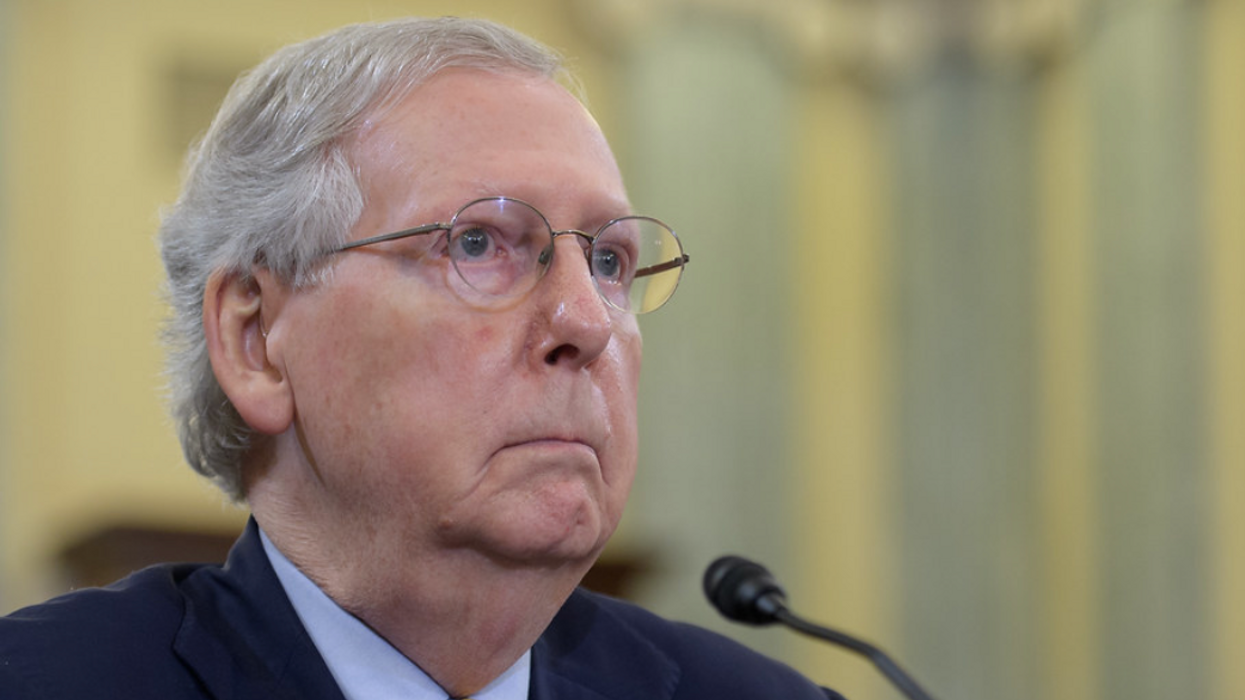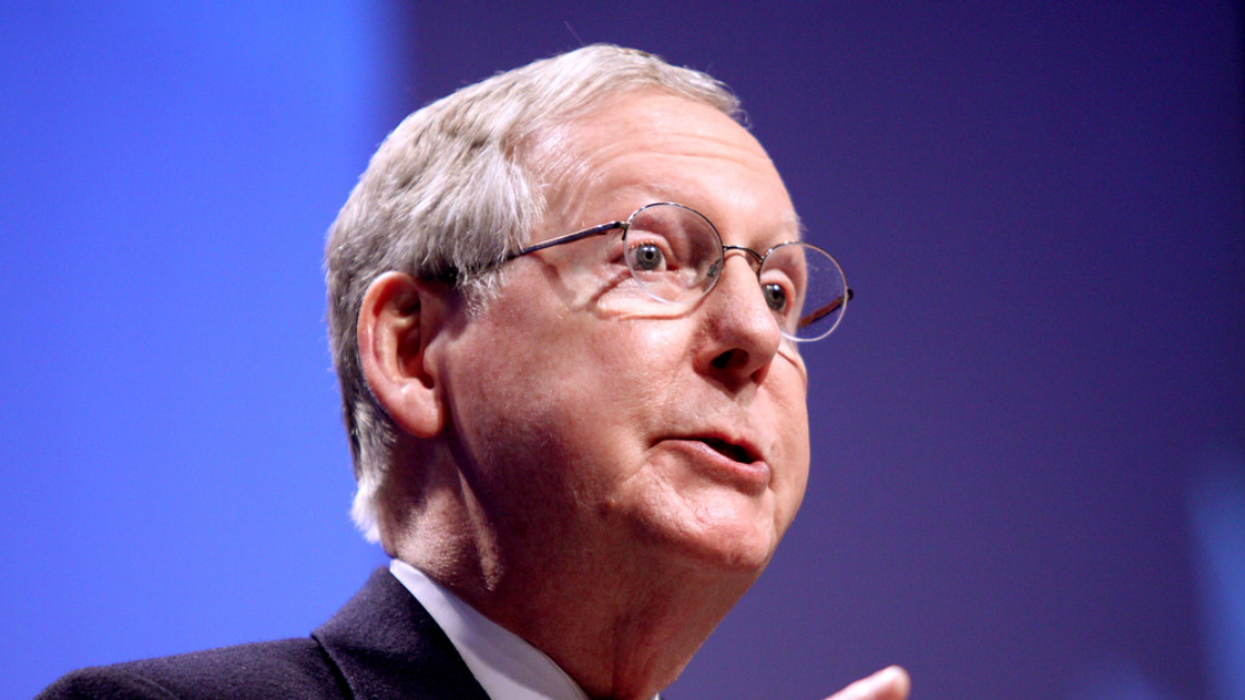Why Corporations Are Leading On Vaccine Mandates
Public health is normally the responsibility of government officials and agencies. But the rampaging delta variant of COVID-19 has shown public institutions to be inadequate to the task. So it may be up to the private sector to do the heavy lifting.
Early in the pandemic, the urgent danger forced governors and mayors to take drastic actions that many citizens resented — closing businesses, issuing stay-at-home orders and mandating masks. But the arrival of vaccines sharply curtailed the virus, allowing life to return to near-normal. Even though this virulent variant has sent infections and hospitalizations soaring, public officials are leery of the opposition that new requirements might provoke.
President Joe Biden has shied away from putting any mandates on ordinary Americans, for obvious reasons. When he raised the idea of a door-to-door outreach initiative to encourage vaccinations, Republicans reacted as if the Gestapo were coming to drag people out of their beds. Treading lightly is part of Biden's attempt to restore calm after the nonstop turbulence of the previous four years.
He did issue an order requiring federal employees to either get vaccinated or wear masks and undergo regular testing. But that's not so controversial — if only because the GOP's anti-government zealots don't worry much about inconveniencing Washington bureaucrats.
The mandate will help stem the spread of the disease. But public employees make up just 15 percent of the U.S. workforce. The vast majority of Americans work in the private sector. Fortunately, capitalists can act with greater freedom and less political controversy than governments can.
Some of them are not waiting for brave statesmanship from politicians. A host of corporations have decided that when it comes to boosting vaccinations, they need more than gentle encouragement.
The Walt Disney Co. announced that all salaried and nonunion workers must be vaccinated. Walmart Inc. is requiring inoculations for everyone at its headquarters in Bentonville, Arkansas. Google and Facebook are doing likewise at their U.S. campuses. Tyson Foods will insist that its 120,000 employees get their shots.
Chicago real estate firm Related Midwest is giving its employees a choice between getting a vaccination and getting a pink slip. United Airlines and Delta Air Lines Inc. will insist on shots for new hires. Hundreds of private (as well as public) colleges and universities have told students and faculty to be vaccinated in time for the fall term.
Some Republican officials are trumpeting their rejection of "vaccine passports," of the sort decreed by New York City for employees and customers of restaurants, bars, fitness centers and performance venues. Gov. Ron DeSantis of Florida signed a bill forbidding businesses to ask customers for proof of vaccination. Gov. Greg Abbott of Texas barred companies that get state funds from imposing such rules.
But even in the GOP, there seems to be no fervent desire to tell businesses what to do. Meddling in conditions of private employment would be conspicuously incompatible with the usual (and usually sound) conservative approach to economic matters.
That's why it's not likely to catch on, even in places where vaccine resistance is most rabid. Republican officeholders seldom embrace policies that antagonize the business community, which accounts for a lot of campaign contributions. Their customary view is that if workers don't like how their employers operate, they are welcome to exercise their God-given right to find another job.
Companies in red states are happily accustomed to operating without a lot of bossy-pants government. They also rarely have to deal with unions, which might push back on mandatory vaccinations.
In Democratic states, of course, policymakers have made a priority of getting the vaccine into people's arms, not indulging those who think it contains a microchip. Even diehard progressives might rather defer to the titans of industry if it means saving lives.
So if businesses are inclined to impose vaccine mandates, no one is going to stop them. And more companies are likely to impose them.
Most adults are already immunized, and many will think they deserve to be protected from irresponsible co-workers. In a labor market where many employers are having trouble finding workers, a vaccine requirement would probably attract more applicants than it would repel.
Elected officials may not want to insist that Americans take this simple step to protect others as well as themselves. But if they aren't willing to lead, they shouldn't stand in the way of those who are.
Follow Steve Chapman on Twitter @SteveChapman13 or at https://www.facebook.com/stevechapman13. To find out more about Steve Chapman and read features by other Creators Syndicate writers and cartoonists, visit the Creators Syndicate website at www.creators.com.




